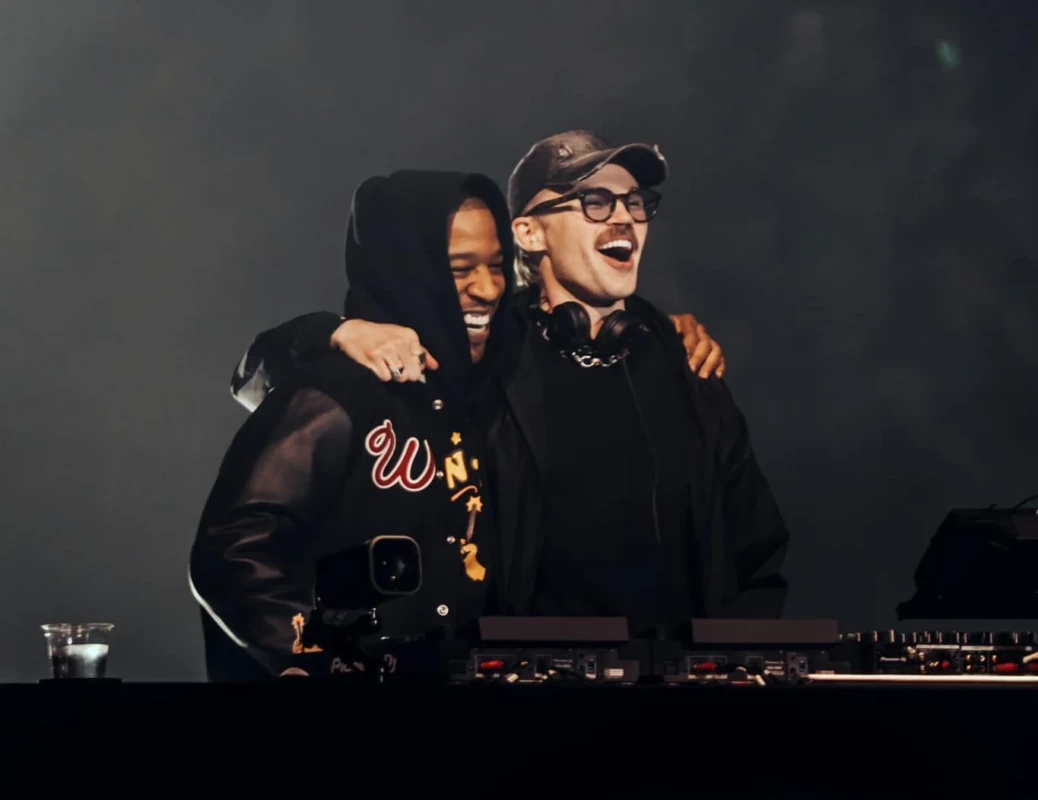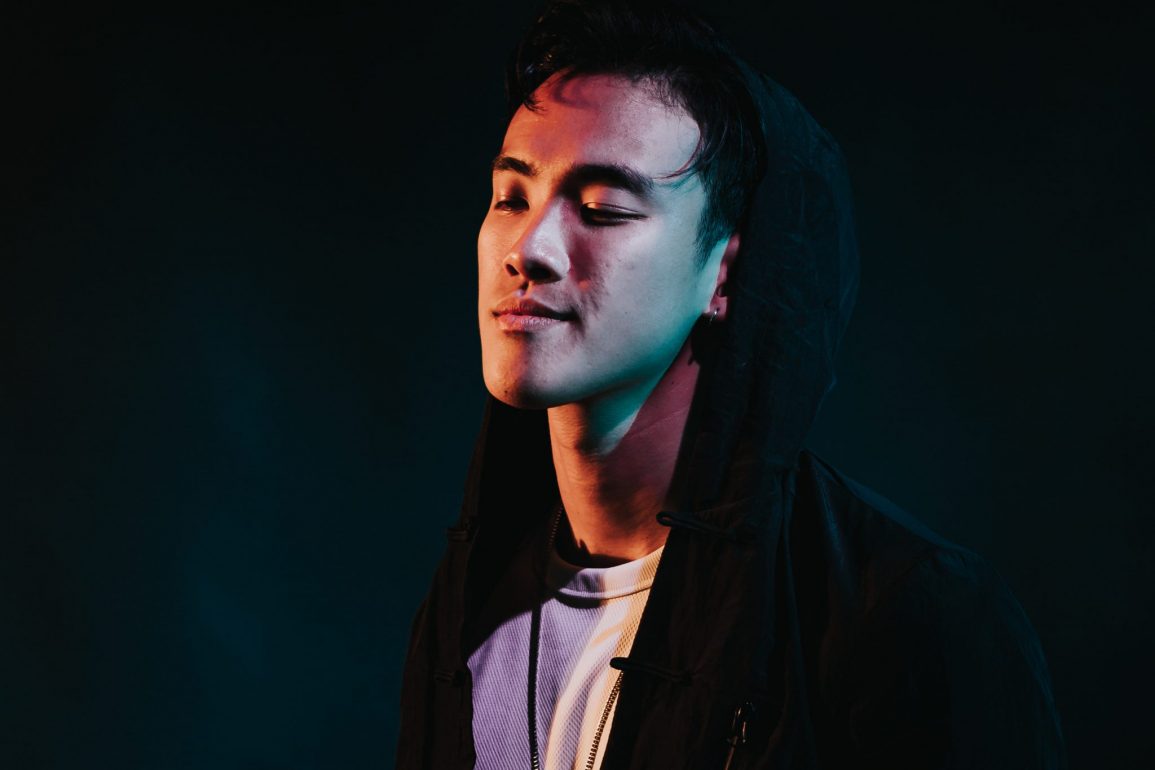A lot of major events transpired in the time skip between the end of Avatar: The Last Airbender and the start of The Legend of Korra. Technology greatly advanced, the political landscape changed and characters grew older, had children and died. Many of these changes were directly stated, while others were only subtly implied. This subtlety leaves a lot of room open for interesting theory-crafting that completely rocks the world of Avatar.
After Harmonic Convergence took place, the spiritual energy of the world shifted, which caused numerous random people to gain airbending abilities. These random people had barely any control over their airbending powers and zero skill with their abilities. However, Zaheer, someone who was supposedly a non-bender his entire life, immediately displayed advanced skills with his airbending. He was proficient enough to easily take out White Lotus agents and go head to head with an airbending master like Tenzin.
The series explains this level of power by revealing that Zaheer had a deep interest in Air Nomad culture and spiritual knowledge. This would explain how Zaheer knew about airbending techniques, but it doesn't explain his level of skill or why he would have advanced knowledge about a culture that was almost destroyed. Even Aang's son Bumi needed to be trained before he became competent at airbending. Some fans believe that Zaheer's airbending talent has an even deeper meaning than the series presents.
Zaheer is the Forgotten Son
Some fans have developed a theory claiming that Zaheer is Aang's first son and an airbender. It was established through Tenzin that Aang was very focused on passing down Air Nomad culture and history to an airbending child. This would explain how Zaheer has such in-depth knowledge of historical figures like Guru Laghima. Aang's teachings about Air Nomad culture and history would be the foundation for Zaheer's radical philosophy.
AvatarZaheer14 proposes that Zaheer misinterpreted Aang's teachings. Zaheer developed an airbending style that was more aggressive and violent than the original defensive martial art. Zaheer's misunderstanding of the Air Nomads' ideas about freedom and losing one's earthly attachments caused him to do something horrible -- something so bad that Aang was forced to remove Zaheer's bending. Perhaps Zaheer attempted to kill a world leader or even attacked his own father because he felt that the world no longer needed an Avatar.
Regardless of what Zaheer did, AvatarZaheer14 believes that Aang's actions motivated him to join the Red Lotus and later attempt to kidnap Korra. When Harmonic Convergence happened, Zaheer's natural airbending abilities were returned to him. This theory makes Zaheer's conflict with the Avatar much more personal and Aang's character much more complex.
Zaheer is an Air Acolyte Gone Astray
Another theory from Reddit proposes that Zaheer wasn't Aang's son but that the two still had a close relationship. Reddit user u/lukario claims that Zaheer was an Air Acolyte who was personally trained by Aang. Legend of Korra shows that an order of monks has been living in the Air Temples and practicing Air Nomad culture. These monks greatly admire Air Nomad culture and traditions. They study the surviving histories of the Air Nomads just like Zaheer did. It would make sense if Zaheer was one of these Air Acolytes.
If Zaheer was personally mentored by Aang, it would make sense why he was such a strong airbender after Harmonic Convergence. As an Air Acolyte, Zaheer would have had access to Air Nomad history and information about Guru Lighama that fueled his ideology. This theory is taken even further by u/lukario's suggestion that Aang might have tried to give Zaheer airbending with his energy bending. If Aang failed to give Zaheer bending, he may have become resentful of the Avatar and decided to join the Red Lotus.
Whether or not Zaheer is the secret child of Aang or his misguided student, these theories do an excellent job of filling in the gaps left by the series. Zaheer's interest in Air Nomad culture becomes more than just a character quirk; it becomes an integral aspect of his identity and past. These theories also add depth to Aang's character during his adulthood. How would Aang have reacted knowing he had a son or a pupil who he was unable to stop from going to the dark side?
About The Author

